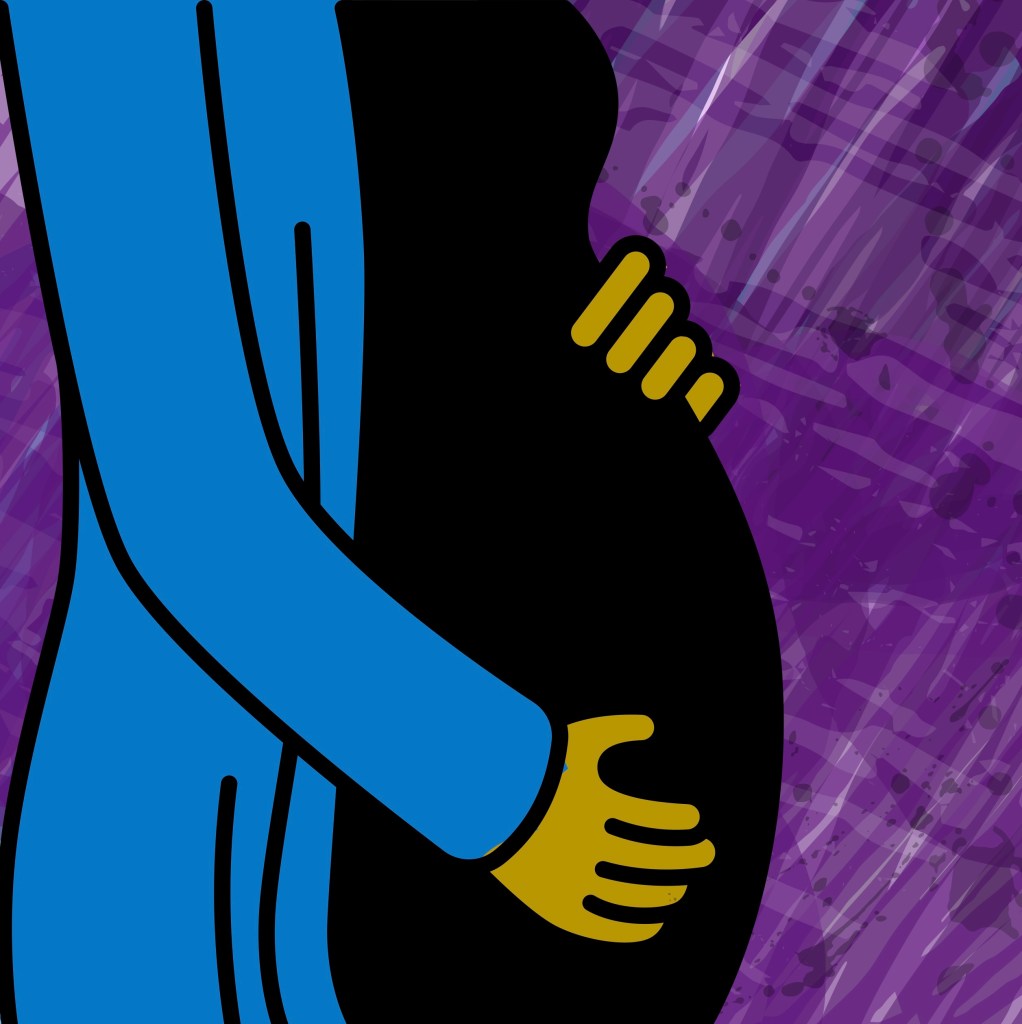On her first day of school, in a new town, in a new state, far away from friends she made in kindergarten and first grade, my daughter was playing a get-to-know-you game with her classmates. Their job was to introduce themselves to someone and share an interesting fact about their life.
My seven year old walked up to an adult (presumably a school employee) and gave her name followed by, “My family just moved here to start a new church.” The adult responded with a scrunched up face, “Ugh, don’t we have enough churches already?”
I’d like to set aside the rudeness this adult showed my child and address the question at hand: Don’t we have enough churches already?
As our family has begun a church planting adventure, we’ve heard this suggestion more than a few times. From friends, from pastors, from family, from strangers. From religious and non-religious people alike.
The consensus seems to be that we have enough churches in our community, and perhaps country, and there is no use for any more. While I disagree, I think there are some things we can find common ground on.
Do we have enough buildings that largely sit empty during the week? Yes.
Do we have enough inward facing groups only concerned about what’s in it for them? I’d say so.
Do we have enough congregations shuffling around the same members every few years? Definitely.
Do we have enough people whose only relationship with the world at large is to condemn it? Sadly, yes.
But do we have enough churches?
Can you ever have enough groups who actually (like seriously, for real) love their neighbors as much as they love themselves?
Can you ever have too many people who generously give their resources to help those in need?
Can you have too many groups who decide to set aside their differences to work together for the good of the entire community?
This is who the church is. We are not a building. We are not a franchise business competing for clientele. We are not a country club that exists only for the benefit of our members.
We are those charged with bringing light to dark places.
We make room for people who are messy and different and who don’t have all the answers.
We are people walking a journey together.
We are burden bearers, peacemakers, redemption seekers.
If we define church as a building where lots of dollars go to keeping the lights on, or as a group of grumpy people who gather out of fear that God will smite them otherwise, then I agree, we don’t need any more of those.
If we are intent on beating people with our bibles or becoming the mouthpieces for particular political parties, I agree again, no more of that. Add in no more legalism and no more generic, surface level self-help yuck and we have a deal.
We don’t need organizations that make people miserable and we don’t need groups that are seeking to be big and cool for the sake of being big and cool (and highly paid). We don’t need systems and structures that cover up (or cause) abuse or turn a blind eye to injustice.
But if we define church as people known for their love, well then, no we can’t have enough churches. If we are people who live purposely present in our workplaces and schools and grocery stores, seeking to bring goodness and mercy and kindness wherever we go, then no, we can’t have enough of that either.
If we are the people who will show up when no one else will, if we are those you feel safe with even when you are completely vulnerable, if we are those with whom you can finally find the ability to take a deep breath, then no, we can’t have too much of that.
The church feeds the hungry and clothes the naked, welcomes the stranger and cares for the sick. The church carries grace and truth. The church stands in the gap. The church lifts up. The church embodies hope.
The church is not a place, but a gathered people. People who are shaped and formed, then sent to bless the world. At our best the church is not a burden, but a gift.
When we forget who we are and our posture to the world, people will assume there are more than enough of us already. We will lose our children and our neighbors and maybe even consider throwing in the towel ourselves. We will become unnecessary and people will scrunch up their nose at the very thought of us. To borrow an idea from Jesus, we will have lost our usefulness and end up trampled underfoot.
I believe with all my heart that for the good of the world, we need local churches. Not necessarily churches of a particular type or style or size or even denomination, but of a humble faithfulness.
We need churches dedicated to the way of Jesus and the power of community and the reality of God’s desire for creation. We need churches who will be good news. Who will serve and bless their communities over and over again, not as a means to grow in numbers but as a way to grow in love.
And we need not shut down all our old churches and start again. We begin right where we are at with those imperfect people we’ve been surrounded by. Old churches, new churches, small churches, big churches, your church and my church. Christ’s Church.
May we remember who we are and to what we have been called. May we never lose our usefulness. And may we live in such a way that even those who don’t believe the same things we do get excited when we move into their neighborhood.









